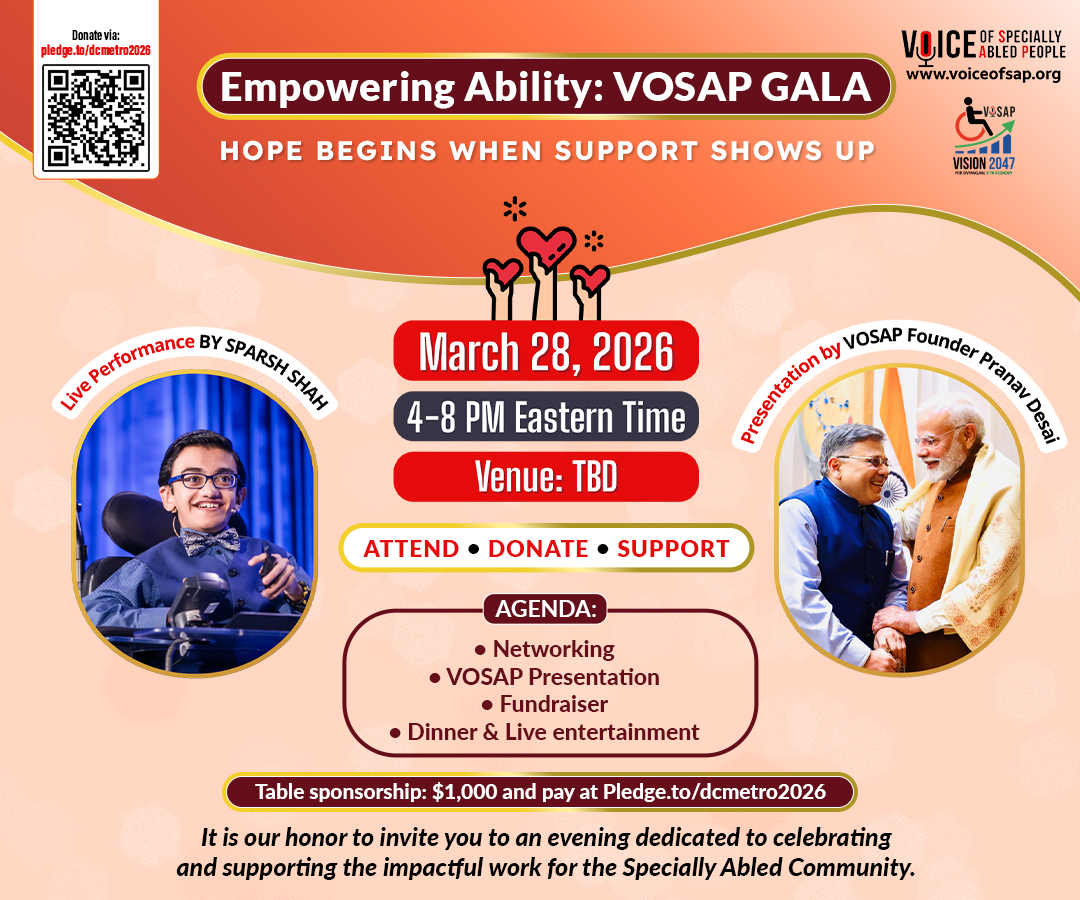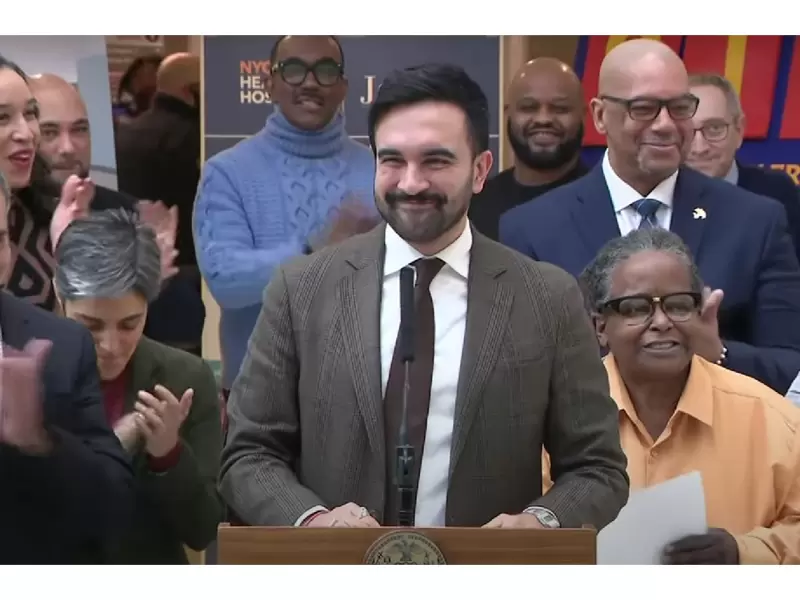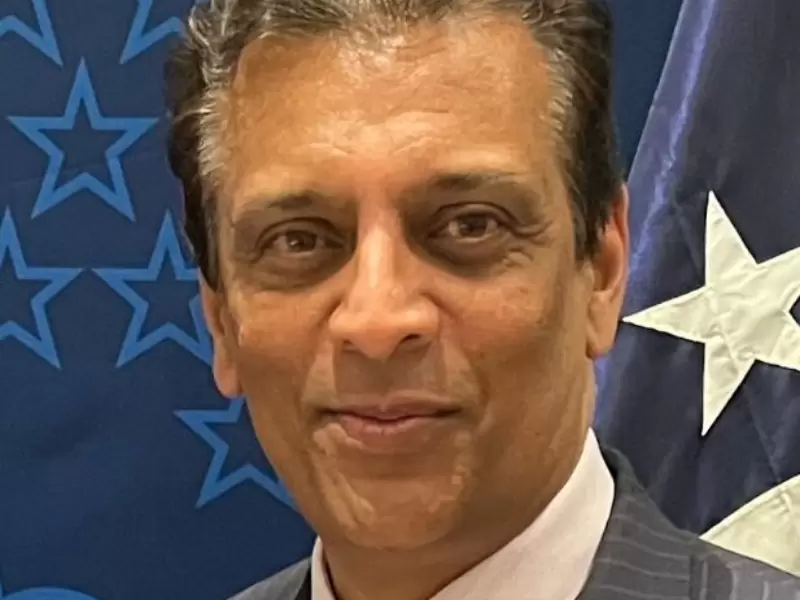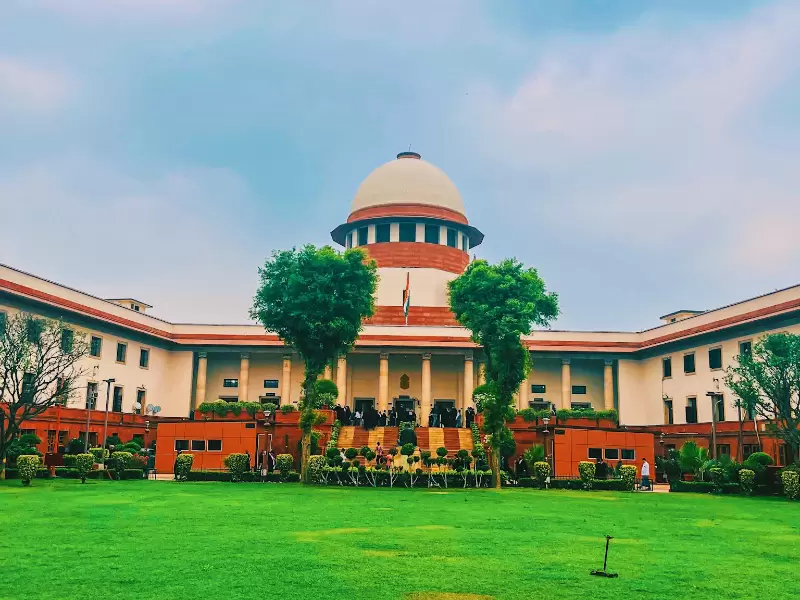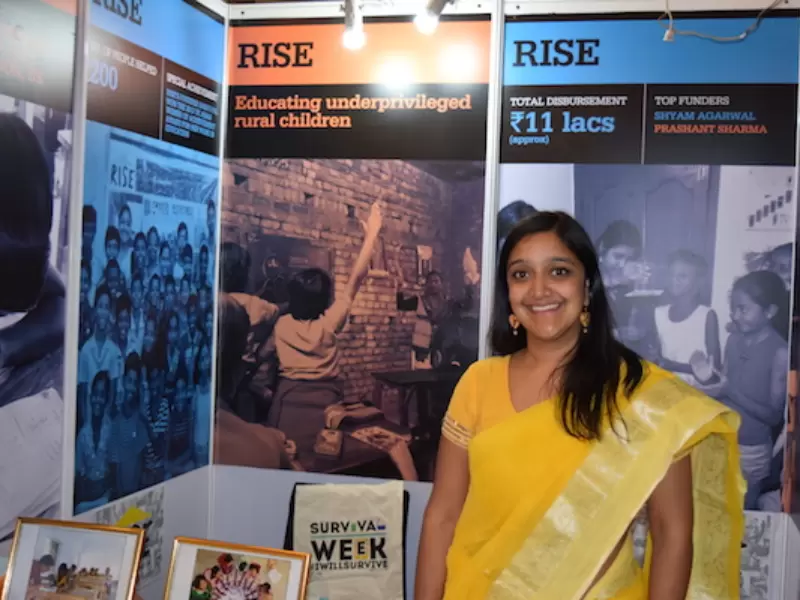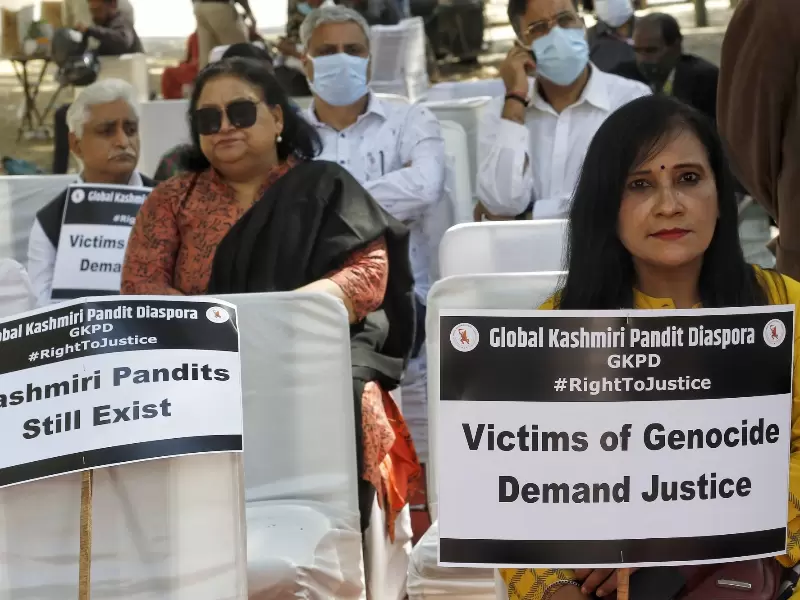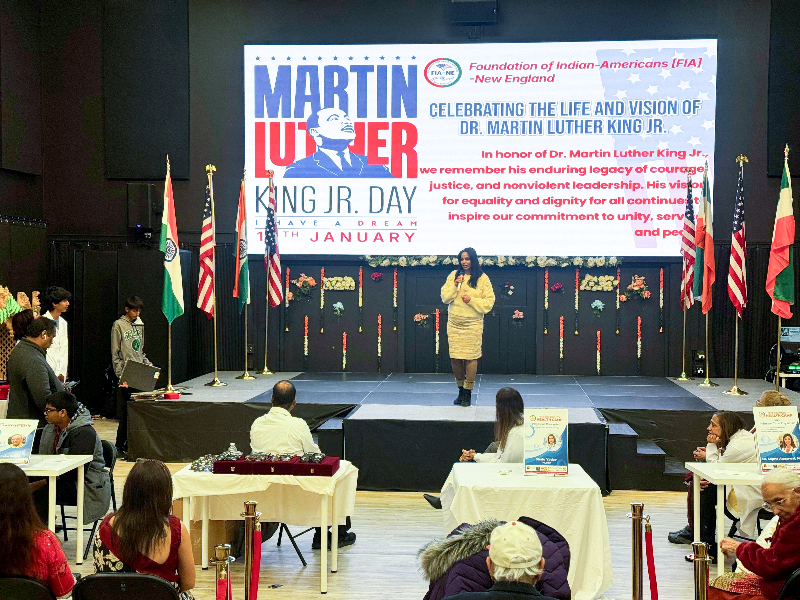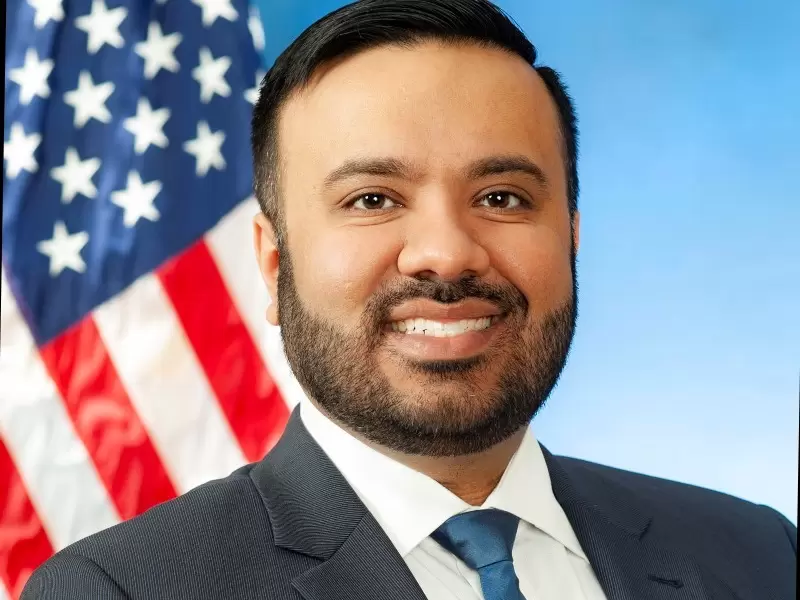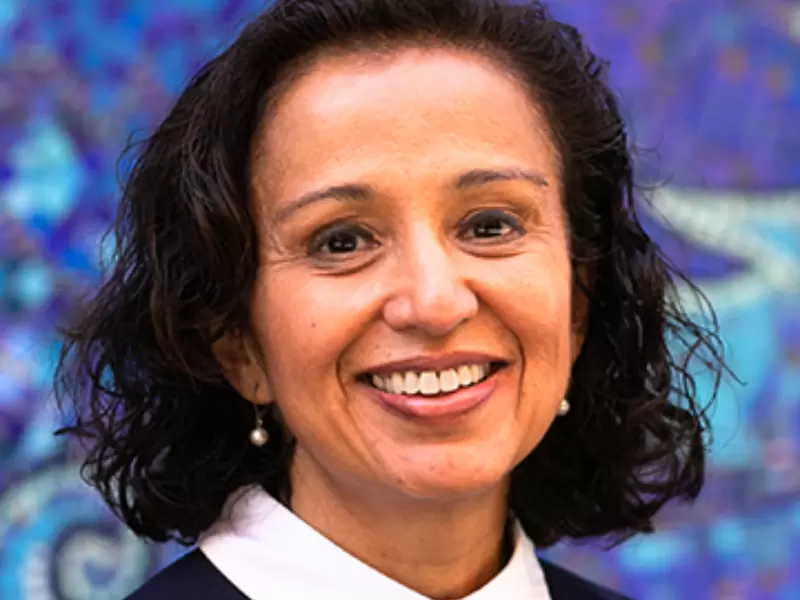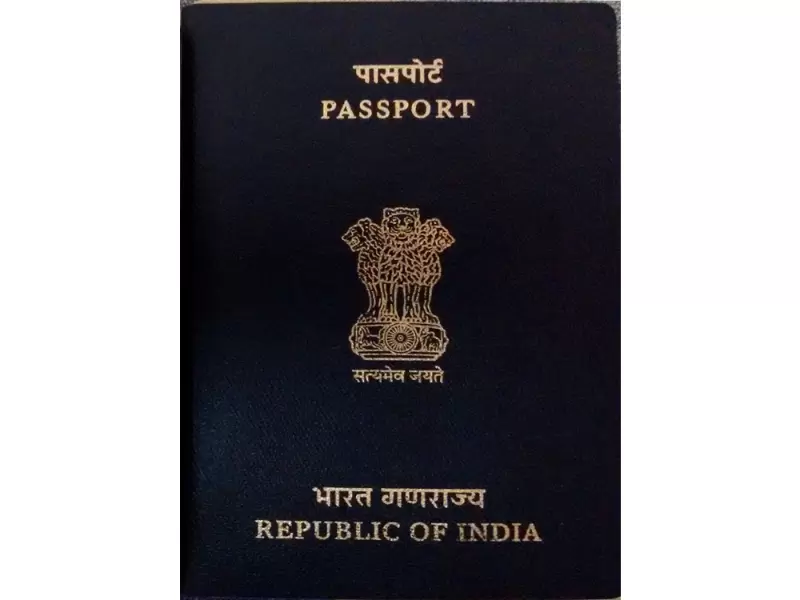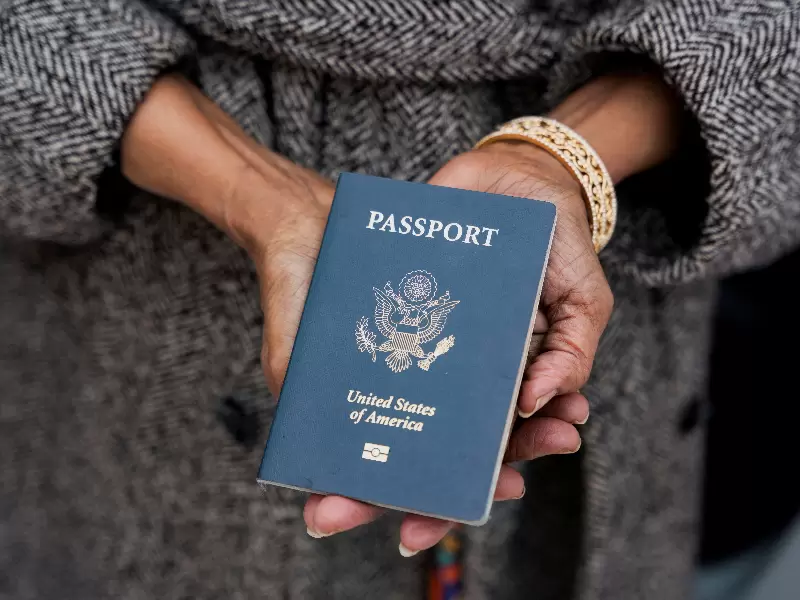ADVERTISEMENT
POP
See MoreCommunity
See MoreKashmiri Hindu groups in U.S. renew justice call on Exodus Day
The groups urged India, civil society and the international community to acknowledge the genocide and take decisive steps to ensure the dignified return of Kashmiri Hindus.
-
The programme included a fashion showcase in which community members walked the ramp wearing black sarees styled in both traditional...
-
The event sought to sensitise U.S. lawmakers and congressional staff to what activists called widespread and systemic abuses faced by...
-
The Chicago edition marks the U.S. debut of an awards platform that originated in the United Arab Emirates and has...
ADVERTISEMENT
Videos
View AllOpinion
See MorePeople
See MoreDeSantis appoints Prerak Shah to Florida A&M University board
The former acting U.S. attorney and Gibson Dunn partner will serve a five-year term as a trustee beginning January 2026.
-
Banerjee, a second-generation American of Indian origin, was the 2021 Boys’ Singles champion at Wimbledon.
-
Krishnan said the committee will focus on investigations into landlords, corporations, and city agencies.
-
The program is one of the world’s most prestigious scholarships that prepares young leaders to engage with China and global...
ADVERTISEMENT
Entertainment
See More-
The two-day release marks the first time a Muslim-American animated feature will be shown in theaters nationwide.
-
It's easy to remember Zeenat Aman as the glam girl in slinky gowns, but it's lazy to stop there.
-
Earlier, on the 6th anniversary of the historical epic 'Tanhaji:...
-
Celebrating 50 glorious years of Mithun Da in the film...
-
ADVERTISEMENT
Immigration
See More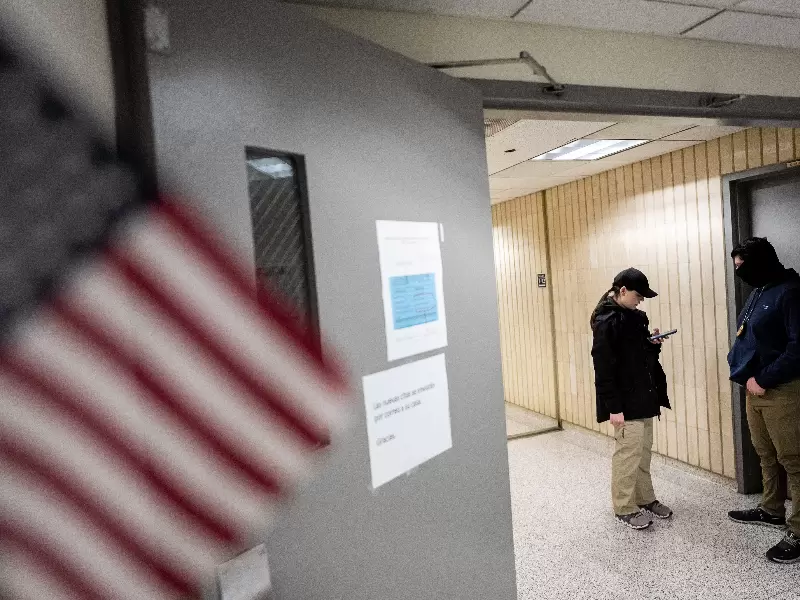
Under federal immigration law, "applicants for admission" to the United States are subject to mandatory detention while their cases proceed in immigration courts.
-
Singh holds a California Driving licence and is allegedly in the U.S. illegally
-
Jayapal referred to the decision as ‘cruel’ and must be ‘immediately reversed.’
-
Indian travellers enjoy visa-free access across parts of Southeast Asia,...
-
"We're also going to revoke the citizenship of any naturalized...
Food
See More-
The restaurant aims to bring Italian-American classics to the Metroplex
-
The preservatives included nitrites and nitrates, which are often used to cure ham, bacon and sausages.
-
An Indian origin woman living in Canada shared her experience at the celebrity chef's New York restaurant, Bunglow.
-
Kapur attributed unhealthy outcomes largely to lifestyle choices.
-
India exported about 800 metric tons of foxnuts in 2024–25...
-
Instagram content creator Anushk Sharma shared a heartfelt review of...
-
The new Newark Avenue outlet expands South Indian dining options...
-
Chef came to Dallas on a very short visit over...
SPORTS NEWS
See MoreOne proposal under consideration is the phasing out of the...
The BCB held talks in Dhaka at the weekend with...
Tejinder Aujla says that Kabaddi enjoys massive popularity, strong cultural...
She went on to have a great batting display with...
-
ADVERTISEMENT
News
See More-
ADVERTISEMENT
Please enter something
- Asian Americans
- Biz
- Books
- Canada
- Community
- Culture
- Dating
- Diplomacy
- Diwali
- Editor picks
- Editorial
- Explainers
- Fashion
- Features
- Food
- Immigration
- India
- India Decides '24
- India Independence Day
- Letters to the Editor
- Life
- Maha Kumbh
- Movies+
- News
- Opinion
- People
- Ram Mandir
- Reviews
- Sports
- Spotlight
- Tech
- Travel n’ Diplomacy
- Trump 2.0
- UK Votes 2024
- US Elections 2024
- USA
- West Coast



